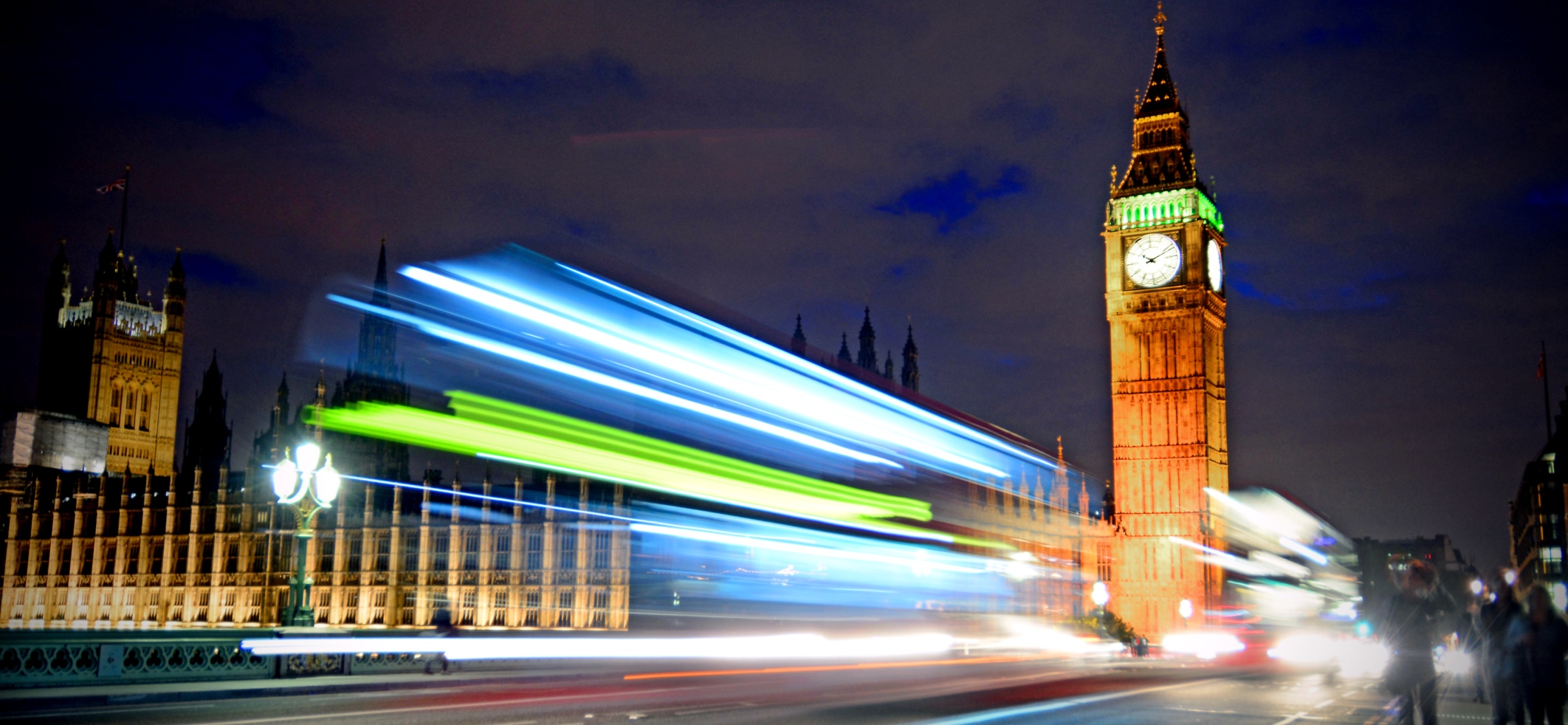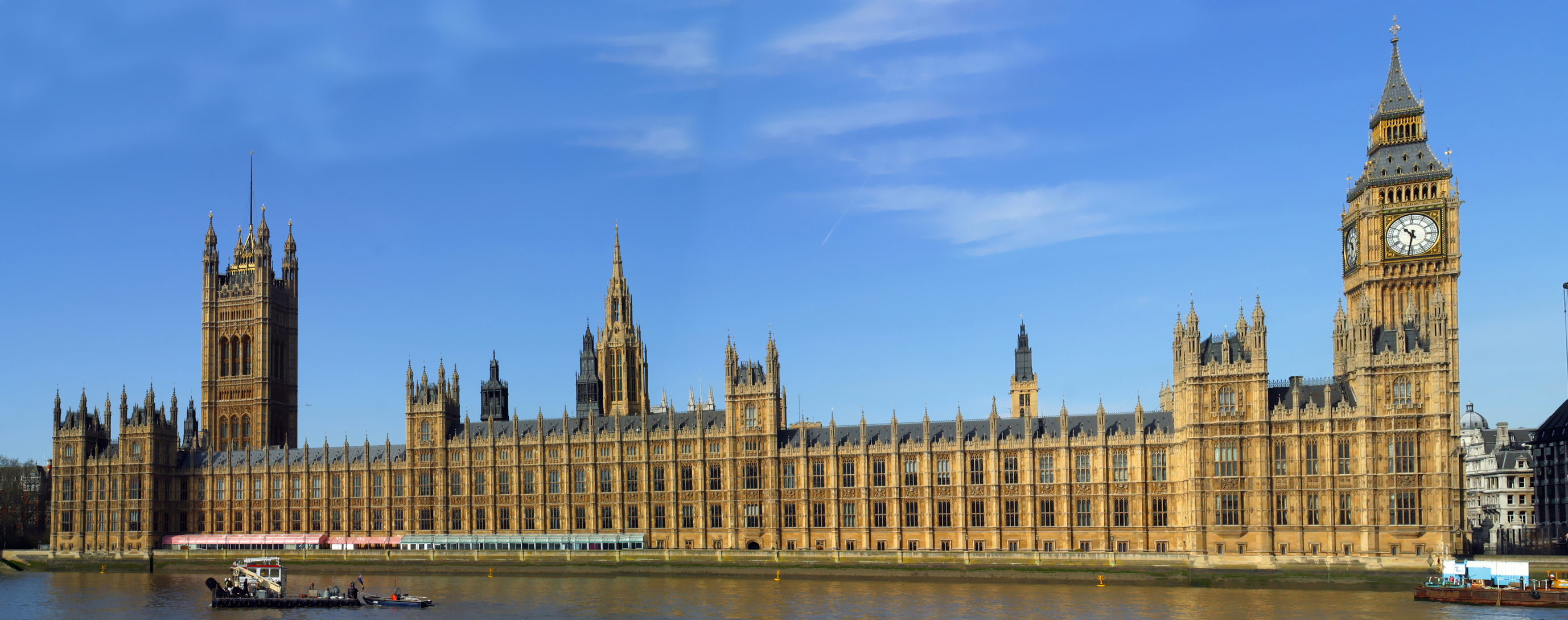‘Dark day’ for workers
The government’s controversial trade union Bill was granted royal assent this afternoon (May 4) – and now is officially made law.
The Bill – which will now as law severely hobble the ability of working people to defend themselves – was met with furious opposition from all sides, including unions, politicians of all parties, human rights groups and even some in the business community itself.
Concessions
It was this spirited opposition that helped secure so many concessions to the Bill. Among these concessions were reversing the ban on check-off in the public sector – an arrangement that’s been in many workplaces for decades and enables union members to pay their subscription fees through payroll.
Another concession gained involved the requirement that members must opt in to their union’s political fund, instead of opting out as they do now. The Bill was amended so that now the requirement to opt in will apply to new members only.
Both the opt-in measure and the ban on check-off, critics argued, were needless proposals whose only motivation was to starve unions and the Labour party of funding.
Unions also welcomed a concession enabling an independent review into online voting for industrial action ballots. At the moment, union members may only vote by post – a process that Unite has argued must be modernised through secure, workplace voting.
Thresholds
But even the amended Bill, which today became the Trade Union Act, ominously threatens the rights of working people. Strike thresholds will require a 50 per cent turn out among those eligible to vote – a threshold that hampers no other election or ballot in modern society.
What’s more, those who the government deems to be working in â€important public services’ – a term it still has yet to define – will require a 40 per cent â€yes’ vote in addition to jumping the 50 per cent turnout hurdle in order to take legal industrial action.
Unite assistant general secretary Gail Cartmail explained earlier this year just how absurd this measure is.
“Say you have a workforce of 500 – 250 must vote and if they work in a designated â€important public service’, and 200 of the 250 must vote â€yes’ for strike action,” she said.
“What this means uniquely is that people who don’t fill in a ballot paper will be counted as a â€no’ vote. This doesn’t happen in any other election – if it happened in our general election, we wouldn’t have a government.”
Now that the Bill has become law, the Certification Officer, which regulates trade unions, will also be granted new powers.
TUC general secretary Frances O’Grady welcomed the significant changes made to the Bill but argued that it still remained “bad and divisive”.
‘Completely unnecessary’
“The history books will show that the government’s first major act of this Parliament has been to attack the right to strike – a fundamental British liberty,” she said.
“This legislation, even in its amended form, poses a serious threat to good industrial relations and is completely unnecessary,” O’Grady added.
Unite general secretary Len McCluskey called today a â€dark day’ for British workers.
“We have always questioned the place of these proposals — described by the government’s own advisors as ‘not fit for purpose’ — in a modern democracy,” he said.
“The waves of opposition to the Bill at every parliamentary stage proved our point. This is a law to solve a problem that does not exist, and which will do a great disservice to harmonious industrial relations in this country.
“Today is simply a dark day for workers and for those who speak up in their defence when power is misused,” McCluskey argued.
“Moreover, it is the workers of England, who will bear the brunt of the Conservative government’s measures, for the devolved administrations in Scotland, Wales and Northern Ireland have all stated this law has no place in their countries or workplaces.
McCluskey congratulated those in the Commons and the Lords, as well as unions and their members for their “dogged exposure of the many short-comings of this bill”.
“Our movement’s determination has wrung significant concessions from the government,” he said.
“Welcome though these concessions are, they cannot detract from the main purpose of this bill — to make it harder for UK workers to defend themselves.
“We will also be holding the minister to his word on the new powers granted to the Certification Officer,” McCluskey went on to say.
“His clear direction was that these powers must not be used to impede the day-to-day work of unions — that of protecting their members, because our resources will be tied up dealing with baseless complaints.
“Lastly, we urge the government to reflect upon the message that its campaign has sent to working people — the decent people who tend our sick, educate our children, clean our streets and staff our shops — and conclude that they can never again lay claim to be the party of the working people.”
 Like
Like Follow
Follow


